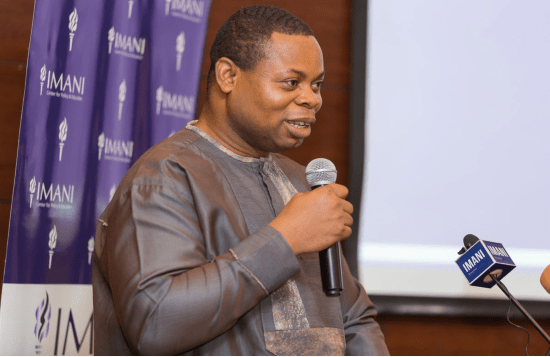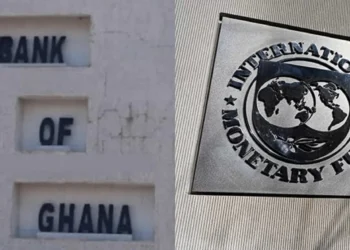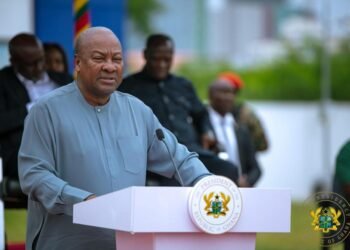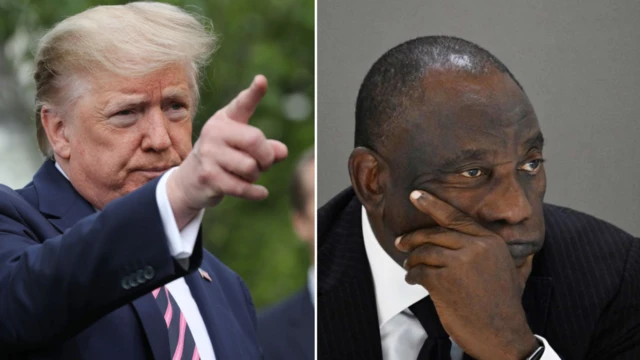The upcoming Ghana 2028 presidential race has sparked intense national debate over the internal dynamics of party politics, following a recent survey by Global Info Analytics that reveals voter preferences leading into the party primaries.
According to the findings, former Vice President Dr. Mahamudu Bawumia currently commands 56 percent of national electoral support and enjoys a commanding 70 percent backing among New Patriotic Party (NPP) loyalists.
Within the National Democratic Congress (NDC), Haruna Iddrisu leads the pack with 27 percent, closely followed by Johnson Asiedu Nketia at 26 percent and Dr. Ato Forson at 22 percent.
Yet, these headline numbers offer only a partial glimpse into the complex world of Ghana’s 2028 presidential race.
According to the IMANI Center for Policy and Education, and its President, Franklin Cudjoe, the real test lies far from the public opinion polls. Instead, it resides within the private negotiations and political calculus of the delegates—party insiders who ultimately determine which candidates receive the nomination.
“Even as the survey shows that 50 percent of NDC voters would hypothetically back Bawumia in the NPP race, the real test lies not in cross-party preferences for best-known reasons but in the art of delegate persuasion.”
Franklin Cudjoe
According to him, these delegates include station-level executives, constituency officers, and regional leaders who are deeply embedded within the party structure.
Their choices, he noted, often reflect strategic calculations, loyalty networks, and personal alliances rather than nationwide appeal.
“Behind every eye-catching statistic lies the unyielding reality of party mechanics,” Cudjoe remarked, highlighting how party flagbearers emerge not through mass support but through closed-door consensus-building among political elites.
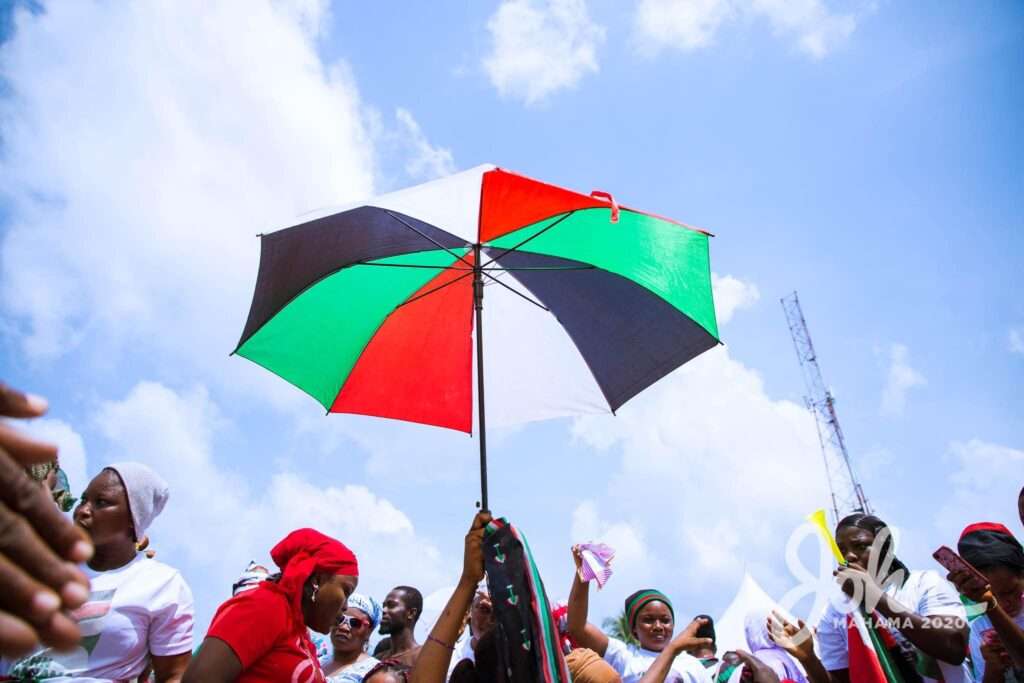
The IMANI President also emphasized the growing influence of political endorsements within Ghana’s presidential primaries.
For instance, the recent show of support by 220 former Metropolitan, Municipal, and District Chief Executives in the NPP for one candidate sends strong signals to the delegate community. These endorsements, while not binding, often shape perceptions of electability and inevitability.
However, such endorsements can also distort internal party dynamics, fostering an artificial sense of unity and sidelining genuine grassroots engagement. “When endorsements arise from party elites, they risk stifling spirited debate,” he warned.
In this way, endorsements may replace merit-based selection with elite-driven narratives, creating the illusion of consensus.
Presidential Race, Candidate Selection Face Rising Criticism
A deeper issue affecting the political parties’ presidential primaries is the ongoing gender imbalance in party politics.
Despite the breakthrough of Prof. Naana Jane Opoku-Agyemang as vice president, women continue to be underrepresented at the highest levels of political engagement.
Delegate lists remain overwhelmingly male, while female political activists and leaders often struggle to find equal footing.
Franklin Cudjoe attributed this disparity to longstanding structural biases embedded within party frameworks.
He argued that without deliberate interventions—such as instituting gender quotas, expanding delegate representation, or mandating female running mates—party primaries will continue to reinforce existing inequalities.
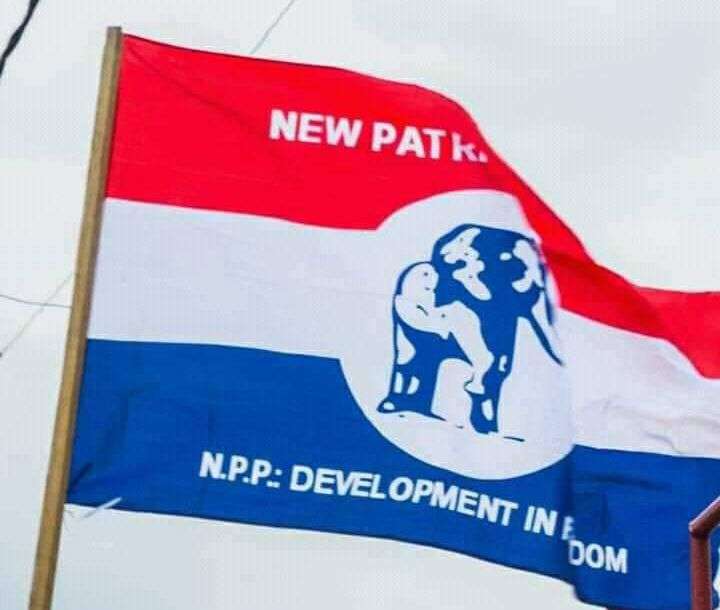
“Delegate lists brim with familiar male faces while the voices of female activists and local leaders struggle to gain traction. This imbalance is neither accidental nor innocuous; it reflects structural biases that relegate half the nation to the margins of internal power struggles.”
Franklin Cudjoe
Beyond gender, the opacity surrounding delegate selection and the disproportionate sway of endorsements erode public confidence in internal party democracy.
As the general public observes party machinations from the outside, doubts grow about the inclusivity and fairness of the political process. Voters increasingly ask whether a system so dominated by insider interests can still serve the broader democratic good.
The Ghana 2028 presidential race, then, serves as a critical litmus test for the country’s democratic institutions. While surveys may reflect enthusiasm and public will, the final outcome often lies in the hands of a small, select group.
This disconnect between public sentiment and internal party decision-making exposes a democratic deficit that must be addressed.
As Franklin Cudjoe noted, the real challenge lies not in winning popularity polls, but in ensuring that delegate choices mirror the will of the broader electorate. In his view, political parties must commit to greater transparency, inclusivity, and reform.
“Parties should forge an integrated nomination framework that has a bearing on credible national polls. This will have the tendency to inform delegate choices and candidates’ strategies.”
Franklin Cudjoe

By aligning delegate selection and candidate strategies with genuine voter sentiment, parties can help close the gap between public support and political outcomes.
Such a system would not only empower voters but also restore public faith in Ghana’s political institutions.
When parties prioritize fairness and openness in their internal processes, they reinforce the very principles on which the nation’s democracy was built.
Cudjoe stated that ultimately, the Ghana 2028 presidential race represents more than just a contest for political leadership.
They are a test of the country’s commitment to transparent, inclusive, and participatory democracy. The choices made now—by delegates, by parties, and by civil society—will shape not only the 2028 election but the future of democratic engagement in Ghana.
READ ALSO: IMF Names Seasoned Economist Dr. Adrian Alter as New Country Representative in Ghana

